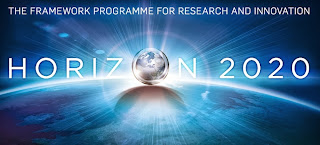Call for proposals for action grants: support to transnational projects
Call deadline: 12 March 2014

The call is targeted at European Union citizens or third countries nationals legally residing within the European Union territory and civil society associations, among other groups active in promoting the objectives of the programme. The beneficiaries of the call could be institutions and public or private organisations, universities, research institutes, non- governmental organisations, national, regional and local authorities, international organisations and other non-profit organisations established in the European Union.
The proposals under this call shall focus on the following priorities:
• Rights of the child
• Information on where the EU Charter of Fundamental Rights applies and where to turn to if fundamental rights are violated
• Combating different forms and manifestations of racism and xenophobia
• Fighting homophobia: Enhanced/improved understanding and tolerance
• Training and networking between legal professions and legal practitioners
• Awareness-raising about Union citizenship and the rights attached to it and identification of obstacles to their effective exercise
• Awareness-raising and information about the EU rules on free movement, in particular Directive 2004/38/EC
• Facilitation of the sharing of knowledge and exchange of best practices on acquisition and loss of Union citizenship
• Address the gender imbalance in participation in the European Parliament elections
• Data protection and privacy rights
All proposals must demonstrate that they will generate an added value at EU level as opposed to national or regional level.
Projects should have an initial duration not exceeding 24 months.
Budget: EUR 10 900 000.
The grant cannot constitute more than 80% of overall eligible project costs
For more information please contact us






























.jpg)

